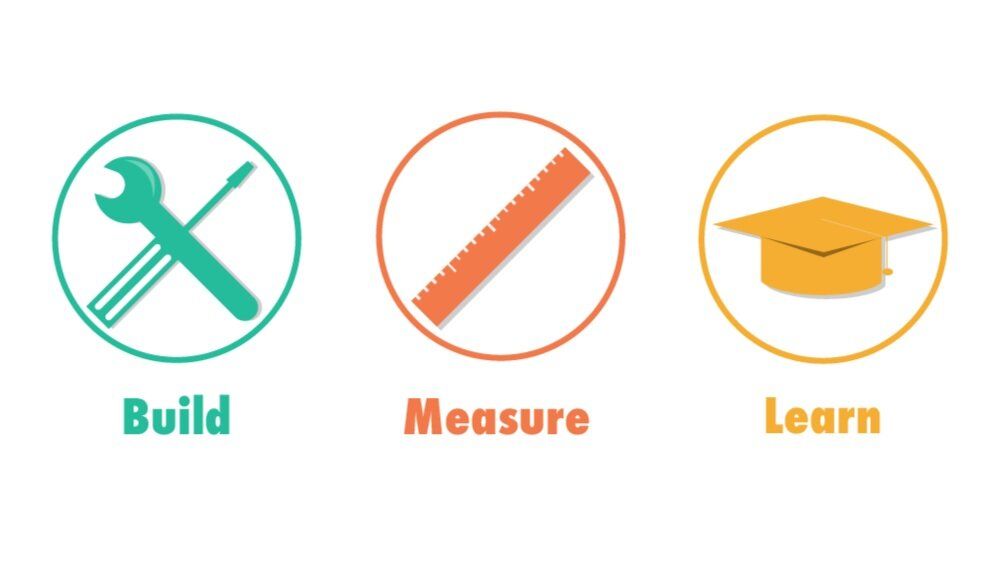Trending Blogs


HOW THE LEAN START-UP CAN CHANGE EVERYTHING

As recruitment consultants for business transformation and project management here in Melbourne, it is part of our role to fully understand organisations that we partner with. In order to be able to find “that perfect candidate”, we need to be armed with as much information as possible about our clients. This allows us to paint a detailed picture for prospective candidates and generally the more detail we have about an organisation the better placed we are to do so. We aim to understand everything you (yes you) would want to know about a job you are considering; project landscape and pipeline, team structures, strategic plans, growth opportunities, management styles, key challenges, team culture, working arrangements, parking options, methodologies used and so on.
On the topic of methodologies, in past years it was evident that organisations were using either waterfall or agile, then many transitioned to a hybrid between the two. However in more recent conversations when we approach this topic, the lean start-up mentality has been popping up more and more frequently. The first time I heard of this term it was during a coffee meeting with a project executive who works in the healthcare sector. He described it to me as “agile on steroids with an ability to do a 180 when required”. I found this explanation intriguing and was keen to find out more..
“Lean start-up” seems to be a buzzword that’s not yet widely understood and whose implications companies are only starting to grasp. If you haven’t heard about this previously, in layman’s terms it refers to pivoting when required to do so, constantly reviewing and reevaluating along the journey. Sounds like a better strategy to use for all those companies out there that have to deal with the forces of continual disruption if you ask me!
Essentially lean start-up favours experimentation over elaborate planning, customer feedback over intuition, and iterative design over traditional “big design up front” development. Despite this being a relatively new methodology, it’s concepts such as minimum viable product and “pivoting” have quickly been embedded and implemented in the start-up world. Despite its name, large companies who decide to embrace it would probably be on track to see the biggest payoffs. Interestingly business schools have already begun adapting their curriculum to teach it too.
In today’s fast-paced and ever-changing world, every organisation from start-ups, small businesses, corporations, and government feels the pressures of rapid change with ever-increasing external threats. Which creates a need to continually innovate to ensure their survival and growth. The lean start-up approach can help tackle these pressures and threats head-on, can ensure rapid innovation and execute transformation in a more dynamic manner than ever before.
Will you implement the lean start-up mentality in your organisation? Have you done so already and if so, what key benefits have you observed so far? What key challenges has this brought about? I’d love to hear your thoughts on this topic so please don’t hesitate to reach out!
Lydia Mc Williams
Consultant
Project Resource Partners
Level 7, 360 Collins Street, Melbourne VIC 3000
T +61 3 9949 8100 D +61 3 9949 8106


